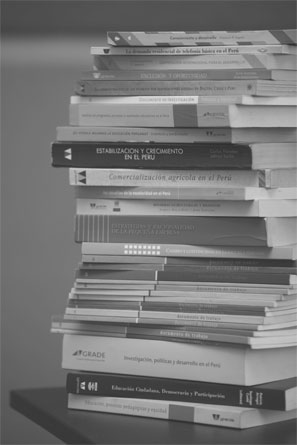
Peru: informal mining and the environment
An environmental study of artisanal, small, and medium mining in Bolivia, Chile and Peru
| Año | : | 1999 |
|---|---|---|
| Autor/es | : | Alberto Pascó-Font |
| Área/s | : | Recursos naturales, industrias extractivas y conflictos sociales |
[1999] PASCO-FONT, Alberto. «Peru: informal mining and the environment». En: MCMAHON, Gary; EVIA, José Luis; PASCO-FONT, Alberto; SANCHEZ, José Miguel. An environmental study of artisanal, small, and medium mining in Bolivia, Chile and Peru. Washington, D.C.: World Bank. p. 37-48.
This document studies informal gold mining in Peru by analyzing two cases: alluvial gold exploitation in Madre de Dios and underground exploitation in the highlands of Ica and Arequipa.
These areas account for about 75 percent of Peru’s informal gold production. Informal production accounted for 40 percent of total gold production in Peru in both 1995 and 1996, in spite of the increasing production of new formal firms like Yanacocha. The author defines informal mining as an activity performed by persons who illegally exploit and concentrate minerals-that is, they do not have the legal right to a mining concession (or a contract with a party that does).
Different reasons can explain the explosion that informal mining has shown during the past years: the dramatic increase of international gold prices since the early 1970s, the easy access to gold in the aforementioned area, the low amount of investment required, the existence of simple technologies that do not require high technical knowledge, the proximity of the ores to very poor areas or those affected by terrorism, the lack of government’s institutional capacity to enforce previous concession rights, the economic crisis and unemployment (especially in the agricultural sector), and finally, the potentially high profit margin of the activity. In summary, the informal mining phenomenon can be explained by the combination of socioeconomic factors that affect the country as a whole, as well as certain technical and geological characteristics of the ore body and the mining process itself. Usually informal mining is associated with a migratory process. As the economy recovers and employment increases, informality should diminish. Meanwhile, the government can do little to eliminate this phenomenon. It is wiser to attempt to formalize this activity than to think it could be eradicated in the near future.





